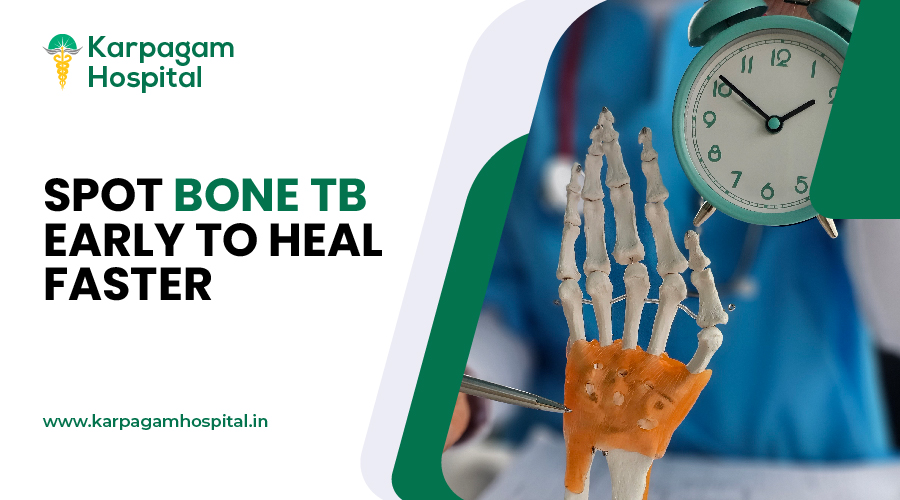Water is life. Perhaps a good proof of this is that our bodies are made up of 60% of this colourless and tasteless yet very precious commodity. While an average person can survive up to 3 weeks without food, surviving over 4 days without clean water is barely impossible. The body is constantly losing water through sweating, exhaling, and with every visit to the bathroom. In extreme conditions, human beings have been found to lose up to 1.5 litres of water per hour. If the lost water isn’t replenished timely, the body fluids could drop to dangerous levels very quickly leading to dehydration and even death.
1. Vital For Cell Life
The cell is the basic structure of all living things. Life is pretty much precise coordination of processes and functions that are fulfilled by trillions of cells. Importantly, The cell is the basic structure of all living things. Life is pretty much precise coordination of processes and functions that are fulfilled by trillions of cells. Importantly, water is at the centre of cell life and that’s to say that the cells can’t survive without enough water. This is because the cells need water to take in nutrients and perform intracellular transportation and signalling. and that’s to say that the cells can’t survive without enough water.
2. It’s a delivery system
The body is a complex system that constantly involves the movement of ‘things’ between cells and organs. Water is the main constituent of blood and it acts as a delivery system. It’s water that makes the secretion and movement of salivary amylase to the absorption of nutrients through the gastrointestinal wall.
3. Vital for liver functions
The importance of water in the process of flushing out body waste and toxins can never be underestimated. One of the key roles of water in the liver is to flush out the toxins that accumulate for removal through the skin and bowel.
4. Kidneys can’t function without it
The kidneys play some of the most important functions in the body: regulating osmolarity, regulating extracellular fluid volume, regulating ion concentrations and most importantly excreting wastes and toxins. The kidneys cannot perform these actions without adequate water in the body. They are actually among the first organs to be affected in case of severe dehydration.
5. It helps regulate blood pressure
The importance of water in the body goes way beyond simply quenching your thirst. Several studies have proven that water plays an important role in regulating blood pressure. Drinking enough water regularly affects your blood pressure in 2 ways. First, it assures the body that there is enough supply.
6. It regulates body temperature
The ability of water to absorb and transfer heat very well makes it a go-to choice for your body in terms of temperature regulation. Water has a considerably higher heat capacity and this allows it to absorb a good amount of heat before its temperature starts rising. Thanks to this trait, the body uses the water in the cells as a sort of buffer against high temperatures. In addition, the blood which is mainly water moves heat away and toward the vital organs when there’s a need to conserve it.
7. Boosts your brain function
This might surprise you, but your brains heavily depend on proper hydration to do its thing! Your brain cells work on a delicate balance of water and other vital elements. In case this balance is lost by a mere 1-2% due to dehydration, research results have proved that the brain cells lose their efficiency and start going downhill.








